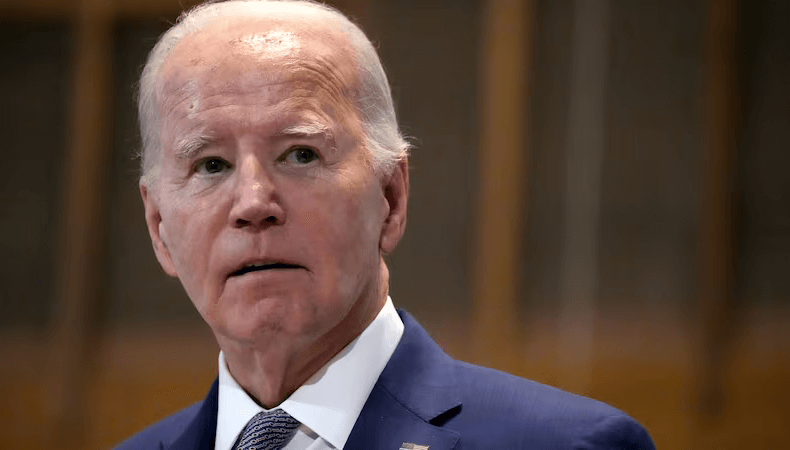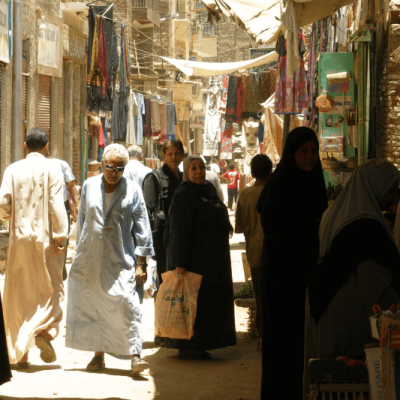Drone Attacks Kills 3 Americans: How Biden’s Risky Moves are Affecting Middle East conflicts

Three American service members were killed and 34 others injured in a drone attack on a U.S. military base in Jordan on Sunday, January 28, 2024. President Joe Biden blamed the attack on Iran-backed militia groups operating in Syria and Iraq, and vowed to retaliate at a time and manner of his choosing.
The attack was the deadliest against U.S. forces in the region since the Israel-Hamas war began in October 2023, and it raised the stakes and risks of Biden’s foreign policy in the Middle East.
The Causes and Motives of the Attack
The drone attack on the U.S. base in Jordan was the latest in a series of strikes by Iran-backed militia groups against U.S. interests and allies in the Middle East, especially in Iraq and Syria, where the U.S. has about 2,500 troops deployed to support the local forces in the fight against the Islamic State. The militia groups, which include the Islamic Resistance in Iraq, Kataib Hezbollah, and Asaib Ahl al-Haq, have been targeting U.S. bases, convoys, and personnel with drones, rockets, and missiles, in an attempt to force the U.S. to withdraw from the region and to undermine its influence and presence.
The militia groups have also been acting in response to the Israel-Hamas war, which has killed more than 2,000 people and displaced more than 300,000 in Gaza.
Keep Reading
The militia groups have expressed their solidarity and support for Hamas, the Palestinian militant group that controls Gaza and that is also backed by Iran. The militia groups have accused the U.S. of being complicit and biased in the war, as the U.S. has provided military and diplomatic assistance to Israel, and has blocked several attempts by the United Nations to call for a ceasefire and a peaceful resolution.
The Consequences and Ramifications of the Attack
The drone attack on the U.S. base in Jordan has significant consequences and ramifications for U.S. foreign policy and security in the Middle East, as well as for regional and international peace and stability. The attack could have some positive and negative effects, such as:
- Increasing the pressure and urgency on the U.S. to end the Israel-Hamas war, and to resume the negotiations with Iran over its nuclear program. The U.S. has been trying to broker a ceasefire and a political solution between Israel and Hamas, but has faced resistance and challenges from both sides, as well as from other regional actors, such as Egypt, Turkey, and Qatar. The U.S. has also been trying to revive the 2015 nuclear deal with Iran, which was abandoned by the Trump administration in 2018, but has faced obstacles and delays from Iran, which has demanded the U.S. to lift all the sanctions imposed by Trump before returning to the deal.
- Increasing the tension and conflict between the U.S. and Iran, and their respective allies and proxies in the region. The U.S. has vowed to retaliate against the militia groups and their sponsors in Iran, and has already conducted several airstrikes against their targets in Iraq and Syria. Iran has denied any involvement in the drone attack, and has warned the U.S. against any further aggression or escalation. The U.S. and Iran have also been competing and clashing over the influence and control of other countries and areas in the region, such as Iraq, Syria, Lebanon, Yemen, and the Persian Gulf.
- Increasing the uncertainty and volatility in the region, and the risks and challenges for the U.S. and its partners. The U.S. has been facing a dilemma and a trade-off between maintaining its presence and commitment in the region, and reducing its exposure and involvement in the region. The U.S. has been trying to balance its interests and obligations in the region, such as countering terrorism, supporting democracy, protecting human rights, and ensuring energy security, with its priorities and goals in other regions, such as Asia, Europe, and Africa. The U.S. has also been trying to manage its relations and cooperation with its allies and partners in the region, such as Israel, Saudi Arabia, Jordan, and the UAE, as well as with its adversaries and rivals, such as Iran, Syria, and Turkey.






